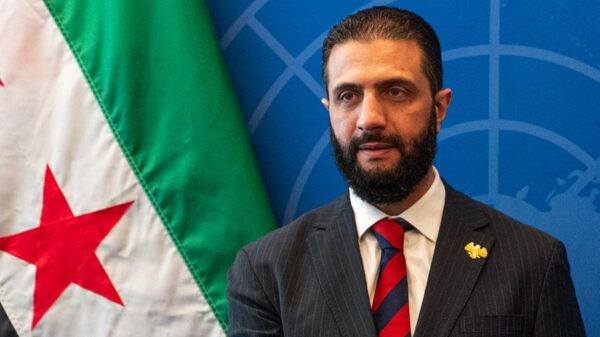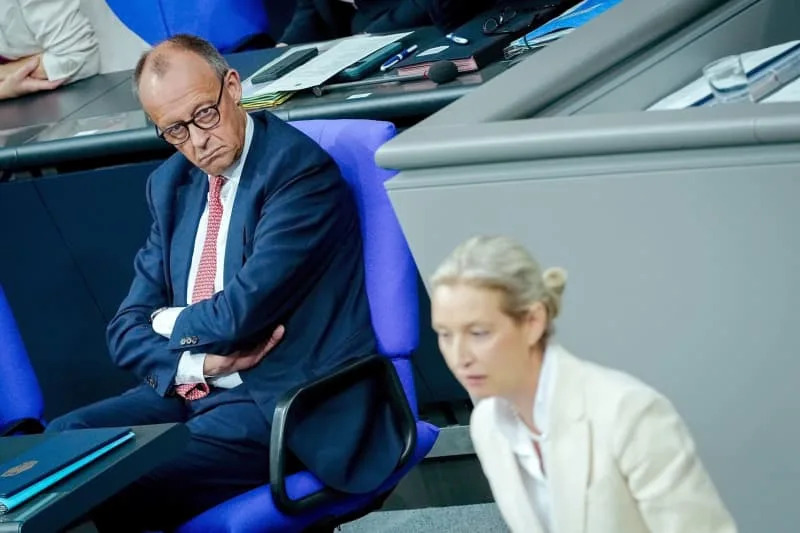Alice Weidel, co-leader of the far-right Alternative for Germany (AfD), delivered a scathing critique of Chancellor Friedrich Merz during a general debate in the Bundestag on Wednesday. Weidel’s comments come as a response to Merz’s administration, which has been in power since May 2023. She accused him of being “the chancellor of lies” and claimed that his unfulfilled campaign promises have left many citizens disillusioned.
Weidel’s attack focused on the government’s decision to cut electricity taxes exclusively for large industries, agriculture, and forestry, rather than extending the relief to the broader population. This measure, part of the coalition agreement between Merz’s conservative bloc—comprising the Christian Democratic Union (CDU) and the Christian Social Union (CSU)—and the centre-left Social Democratic Party (SPD), was notably absent from the draft budget for 2025.
“Your word is worth nothing, even when it stands in black and white in your meagre coalition agreement,” Weidel stated, further branding Merz a “paper chancellor” under the influence of the SPD. This strong language reflects the growing frustration within the AfD regarding the current government’s policies.
Criticism of Migration Policy and Debt Concerns
In addition to her comments on economic policy, Weidel expressed concern over the government’s approach to immigration. She described the measures proposed by Interior Minister Alexander Dobrindt to strengthen border controls as mere “window dressing exercises.” Her remarks highlighted a broader dissatisfaction within her party about how the government is handling migration issues.
Weidel did not shy away from addressing fiscal matters either, criticizing the government’s financial strategies as being fueled by an “orgy of debts.” She also questioned the efficacy of Germany’s support for Ukraine, suggesting it detracts from addressing domestic challenges.
In response to Weidel’s remarks, Chancellor Merz dismissed her claims as “half-truths, slander, and personal disparagement.” The heated exchange underscored the contentious atmosphere in the Bundestag, prompting Bundestag President Julia Klöckner to remind lawmakers to maintain decorum and refrain from personal attacks.
As the new government navigates its early days, the rhetoric from opposition leaders like Weidel signals a challenging political landscape. The AfD’s focus on perceived failures within the coalition could shape the discourse in the coming months, as citizens evaluate the effectiveness of Merz’s leadership.






































































